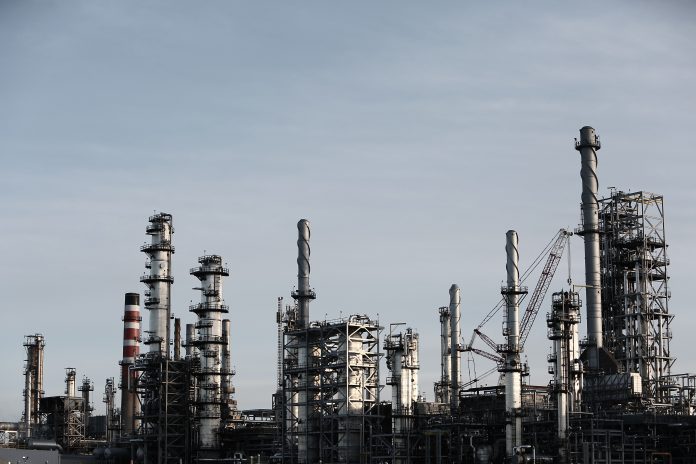
We are experiencing a perfect storm. An unprecedented pandemic is decreasing energy demand globally. Talks between OPEC and OPEC+ members went awry with Russia refusing to further cut oil production to keep prices afloat. The two incidents interlocked, sending oil prices plummeting. And the storm still rages. The coronavirus, also called COVID-19, is continuing to keep people homebound instead of using energy. And Saudi Arabia looks to be digging in for a long fight. An oil price war is coming.
Suffers in the storm
Russia and the U.S. aren’t the only suffers in this storm. Most, if not all, of the OPEC+ countries are feeling the oil price war pain. But repeated appeals to Saudi Arabia to return to the table through virtual meetings are being ignored. On the contrary, Saudi Arabia is intending to go ahead with their increased production into April, so much so that the market will be entirely flooded until no room remains for storage.
Buying Confidence
U.S. Energy Secretary Dan Broullette acknowledged that the idea of encouraging Saudi Arabia to leave OPEC and form an alliance with the U.S. was floated around during a meeting, but he doubts it will ever be acted upon. That does not mean the U.S. is not involved in trying to remedy the situation. Brouillette recently announced the government would be buying up to 77 million barrels of oil, starting with 30 million from small U.S. producers. This move, he said, is not meant to increase the price of oil, but to be a show of confidence, not unlike a corporation buying back its own stock in times of trouble.
An added presence
The coronavirus arriving alongside the tiff between Saudi Arabia and Russia was bad timing, but the Trump administration is showing some good timing. Even before the virus and price war, it was in the works to appoint a new special energy representative to Saudi Arabia. Victoria Coates was selected to increase America’s presence there. As former deputy national security advisor to President Trump specializing on the Middle East, especially Iran, she seems well suited to the task. She moved from the White House to become a senior advisor to Energy Secretary Dan Brouillette in February. Previously, she was also Senator Ted Cruz’s national security advisor for four years, and she was a policy advisor to then-Texas Governor Rick Perry.
Due to the continued disruption of day-to-day activities around the world caused by COVID-19, it is not known when Ms. Coates will be able to safely take up her post in Saudi Arabia.














